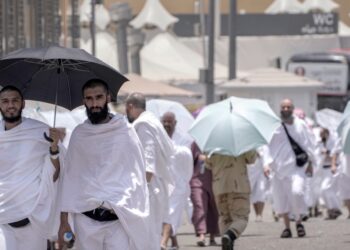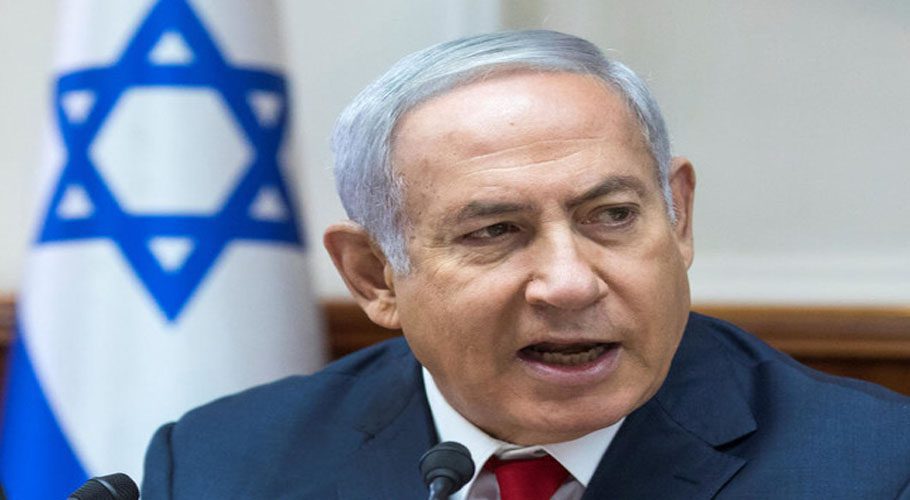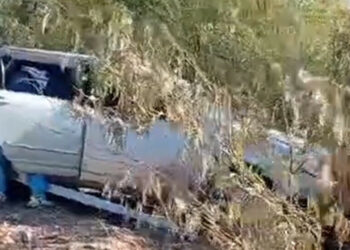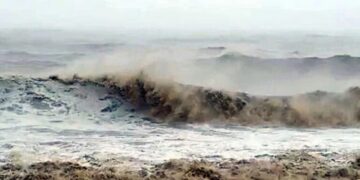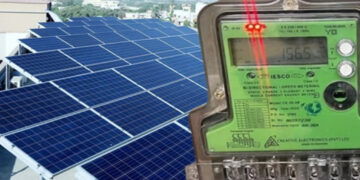![]() Follow Us on Google News
Follow Us on Google News
Authorities in Islamabad have imposed Section 144 in the Islamabad Capital Territory (ICT) for the next two months in response to deteriorating air quality in the area, which lies around the Margalla Hills. This directive aims to curb air pollution by enforcing restrictions on various activities that contribute to smog.
The administration has banned smoke-emitting vehicles, factories, and brick kilns and has prohibited the burning of waste and crops. Issued by the additional district magistrate, these orders under Section 144 take immediate effect, and the district administration has warned of strict action against violators.
Earlier, the Environmental Protection Agency (EPA) warned that smog could persist in the twin cities of Islamabad and Rawalpindi from November to February. In a letter to the Islamabad deputy commissioner, the EPA urged proactive measures to shield citizens from smog’s harmful effects.
The EPA emphasized the need for a ban on smoke-producing brick kilns, industries, and vehicles, citing a rising smog threat in Islamabad and surrounding areas like Lahore, Gujranwala, Sargodha, Multan, and Faisalabad. They also forecasted an increase in pollution across the Potohar region in the coming days.
The EPA stressed the serious health, environmental, and economic consequences of smog, warning of potential heart, respiratory, eye, and skin issues. In their letter, the EPA reiterated, “While the agency is actively working to combat smog, addressing air pollution effectively requires cooperation from the district administration.”













